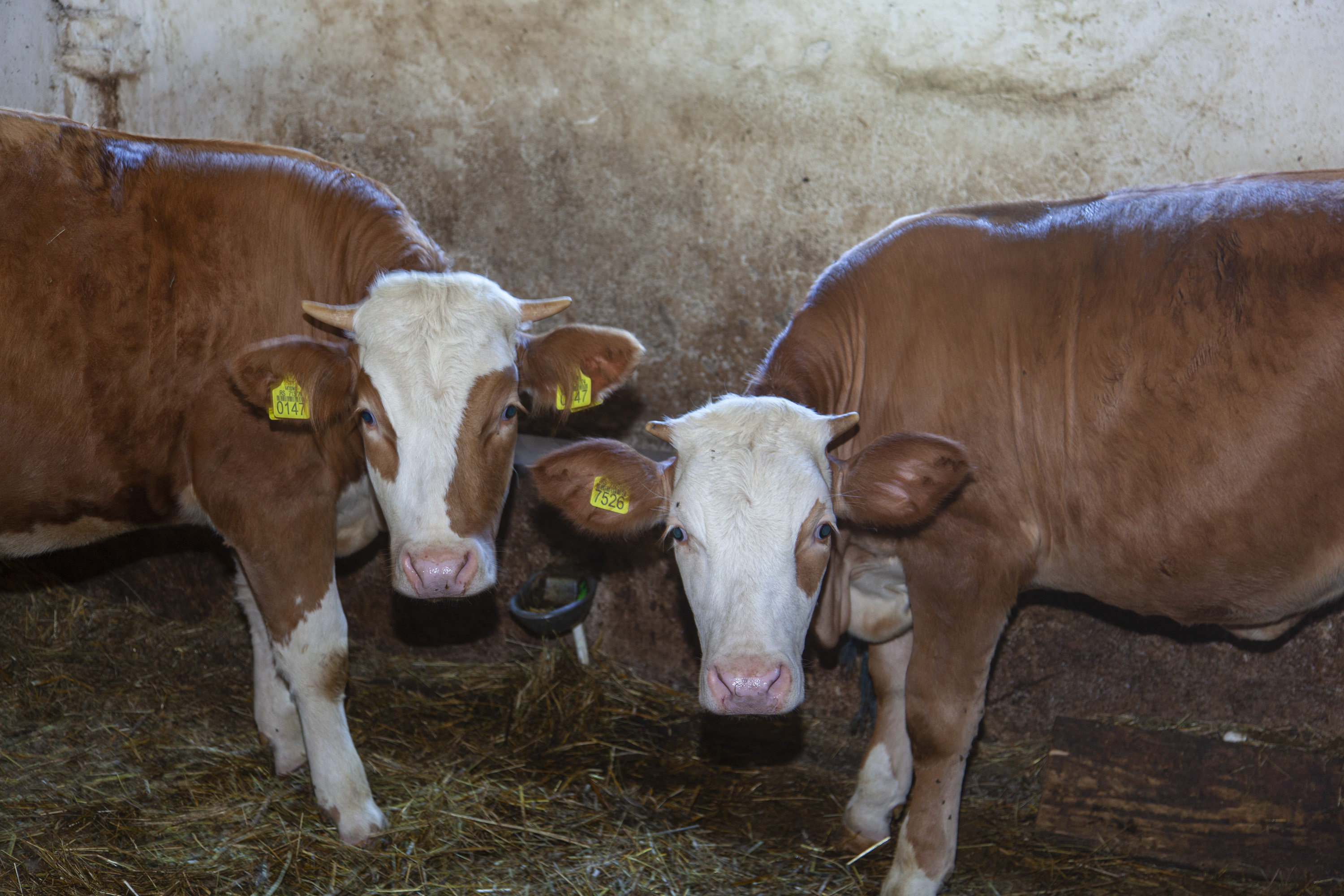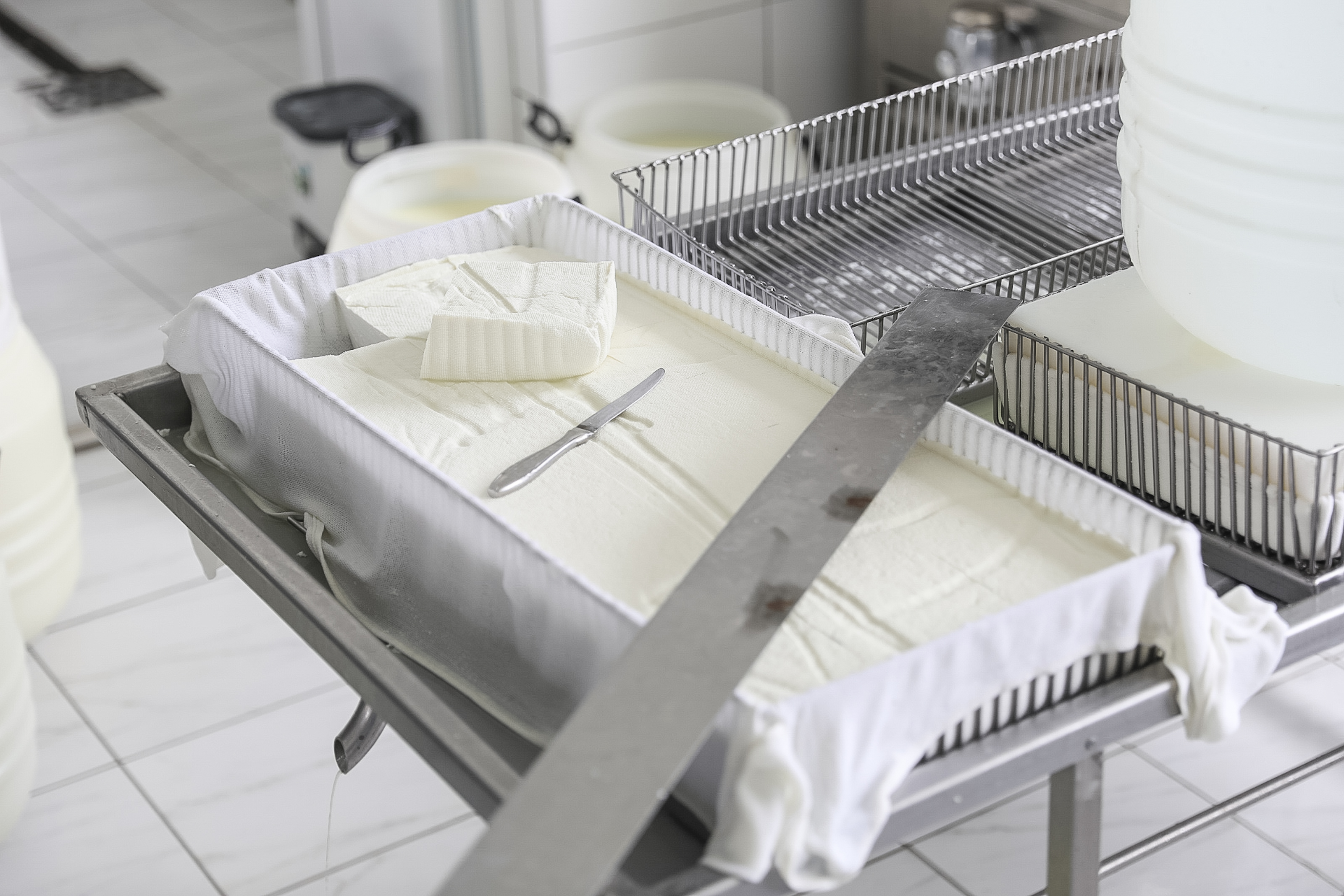Europe has always had the highest standards for food safety in the world and is constantly striving to improve those standards and adapt the rules to new conditions and circumstances so that the food produced, marketed and consumed is of the highest quality and safety. Official controls that are carried out at all stages of production, processing, distribution and use certainly contribute to this. The Member States of the European Union are responsible for implementing official control systems, which ensure that animals and goods, including plants and plant products entering the European Union, as well as those goods and animals in the EU internal market, comply with regulations. The provisions on official controls apply to all business entities in the field of food and feed, from primary producers to retail and catering establishments, including breeders and traders in plants and animals.
Regulations on official controls are constantly being improved, which is why a new Regulation on Official Controls has been adopted, which modernizes EU regulations in such a way that it relies more on risk assessment. One of the main intentions behind the adoption of these rules is to detect potential violations of the rules, including violations of the rules through fraud or misleading practices.

"The Law on Official Controls, which has not existed in our country so far, should be adopted in Serbia soon. The goal is to transpose the new EU regulation into domestic legislation and to introduce a system of supervision and control as in the EU“, said Maja Andrijašević from the Veterinary Administration at the regional conference dedicated to official controls.
Speaking at the conference, which aimed to provide present inspectors and other representatives of bodies that will supervise and control information on a new approach to risk-based official controls, Latvian expert Liene Ansone said that the new EU regulation applies to all parts of the agri-food chain."The goal is to have official controls for all areas, which the competent authorities always carry out in the same way, for the rules to be the same for all operators in agriculture and the food industry, and for them to understand what is required of them. The key principle of official controls is that you have a better organization of the entire chain and that the competent authorities are efficient in carrying out these controls, based on risk," said Ansone. She explained that a risk-based approach means that the authorities take into account all the risks that can be identified in relation to food fraud and misleading consumers, such as diluting olive oil, selling animals that did not live freely, pretending to be, etc.

Speaking about the application of new regulations in Serbia, the representative of the Veterinary Administration Maja Andijašević emphasized that domestic authorities will face numerous challenges during implementation, but also that only consistent application of these regulations will bring safe food that we can export to the EU market.
The
conference was organized by the Ministry of Agriculture, Forestry and Water
Management in cooperation with the project "with the acquis in the field of agriculture,
rural development, food safety, veterinary and phytosanitary policy",
funded by the European Union. The conference was
held at the 89th Agricultural Fair in Novi Sad.